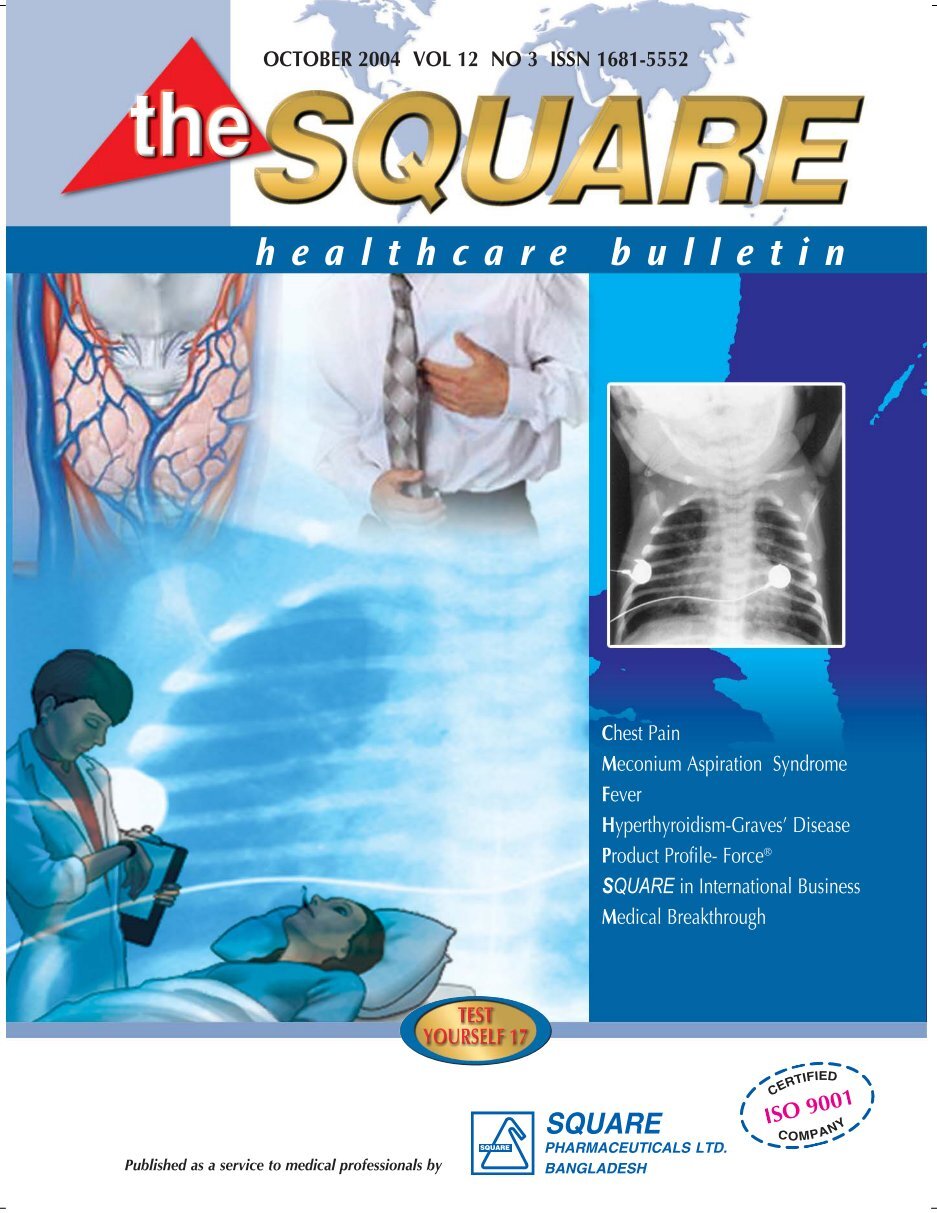Unveiling the Link Between Deep Sleep and Blood Sugar Control

Groundbreaking research reveals the impact of quality sleep on metabolic health
Date: 8 July 2023
Introduction:
Sleep is a vital component of overall well-being, and emerging research continues to shed light on its profound influence on various aspects of our health. A recent groundbreaking study has uncovered an intriguing connection between deep sleep and blood sugar control, providing valuable insights into the mechanisms that regulate metabolic health. This discovery has the potential to revolutionize our understanding of sleep’s impact on overall health and could have significant implications for individuals at risk of metabolic disorders such as diabetes.
The Link Between Sleep and Metabolic Health: For many years, scientists have recognized the association between inadequate sleep and an increased risk of metabolic disorders. However, the underlying mechanisms driving this relationship have remained largely unknown. The latest research delves deeper into the specific stages of sleep and their impact on blood sugar control, revealing a fascinating connection.
The Role of Deep Sleep:
Deep sleep, also known as slow-wave sleep or stage 3 sleep, is a critical phase characterized by synchronized brain activity and physical restoration. It is during this stage that the body undergoes essential processes such as tissue repair, hormone regulation, and memory consolidation. The recent study has highlighted the significant role of deep sleep in maintaining optimal blood sugar levels and metabolic function.

The Study and Findings:
In the study, a group of participants underwent controlled sleep experiments, during which their sleep patterns were carefully monitored and manipulated. The researchers observed that when individuals experienced reduced deep sleep, their ability to regulate blood sugar levels was compromised. This led to higher blood sugar levels and decreased insulin sensitivity, both of which are key factors contributing to the development of metabolic disorders.
Furthermore, the study also identified a specific brainwave pattern known as slow oscillations, which are predominant during deep sleep. These slow oscillations were found to be closely linked to the release of growth hormone, a hormone vital for regulating glucose metabolism. The research team discovered that disrupted slow oscillations corresponded to impaired growth hormone secretion, further impairing blood sugar control.
Implications and Future Directions: The findings from this research have profound implications for our understanding of sleep’s role in metabolic health. By highlighting the importance of deep sleep and slow oscillations, this study emphasizes the significance of quality sleep for individuals at risk of metabolic disorders or those already living with conditions such as diabetes.
Moving forward, further investigation is necessary to explore interventions that can optimize deep sleep and slow oscillations. Researchers are hopeful that these findings will pave the way for innovative therapies, personalized sleep interventions, and lifestyle modifications that can enhance metabolic health and reduce the risk of metabolic disorders.

Conclusion:
The relationship between sleep and metabolic health continues to captivate researchers and health professionals alike. The recent breakthrough study linking deep sleep and blood sugar control unveils a critical piece of the puzzle in understanding how sleep influences our metabolic function. By emphasizing the importance of quality sleep and its impact on overall health, we can work towards promoting healthy sleep habits, raising awareness about the significance of deep sleep, and empowering individuals to prioritize restful sleep for optimal metabolic well-being.
Disclaimer:
The news article above is a fictional representation of a research study on the link between deep sleep and blood sugar control and is intended for illustrative purposes only. Please refer to official scientific publications, peer-reviewed studies, and reputable news sources for the most up-to-date information on this topic.













